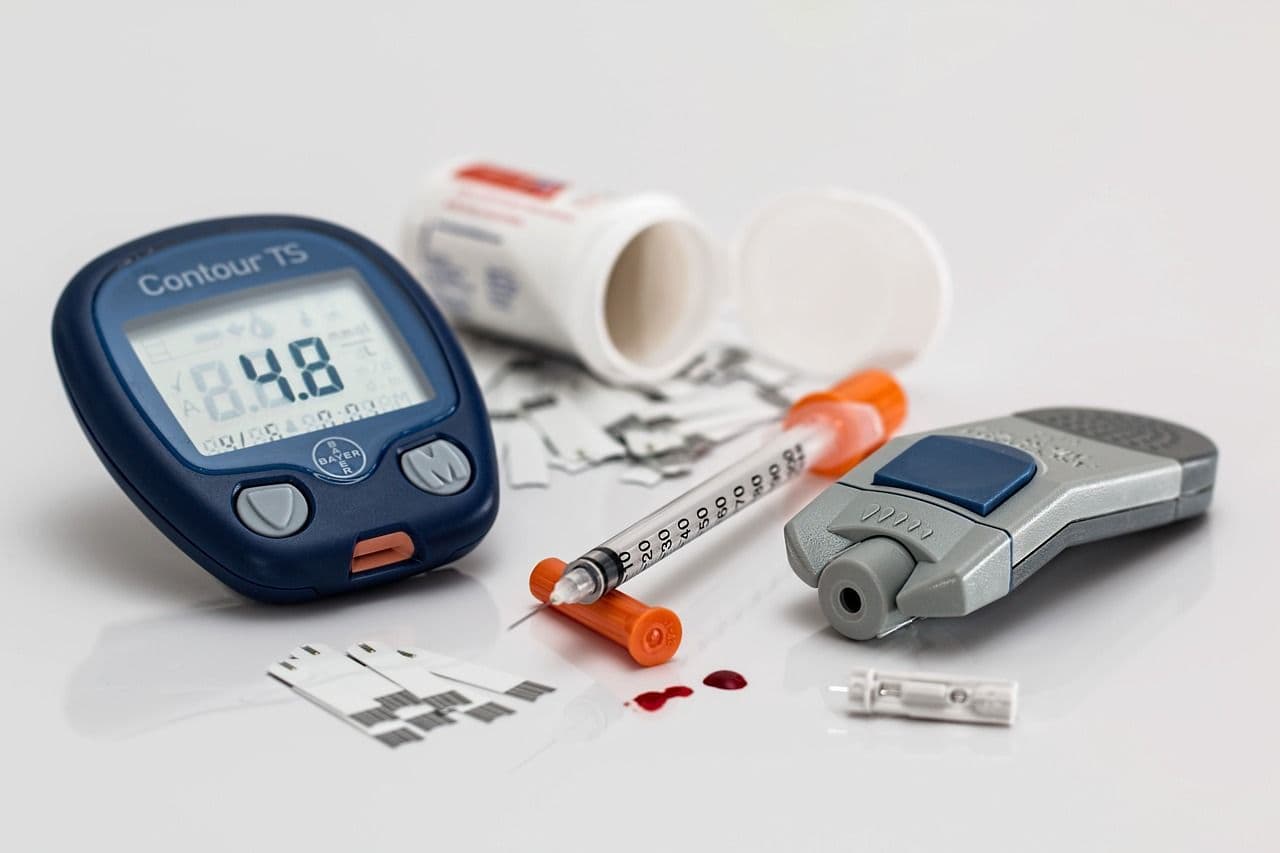HEALTH
Could This Be a Cure for Type 1 Diabetes?
Maureen Voreza

A groundbreaking stem cell therapy has enabled 10 out of 12 patients with severe type 1 diabetes to stop using insulin, offering new hope for a potential cure.
- 10 out of 12 patients with severe type 1 diabetes no longer needed insulin after a single infusion of the experimental stem cell treatment, zimislecel.
- The therapy uses lab-grown islet cells to restore the body’s ability to regulate blood sugar.
- Participants experienced a rapid disappearance of dangerous low blood sugar episodes (hypoglycemia) within 90 days.
- Patients must take lifelong immunosuppressants to prevent rejection, posing long-term health risks.
For people with the most severe form of type 1 diabetes, a groundbreaking new treatment may be life-changing — and possibly life-saving. In a small but remarkable clinical trial, 10 out of 12 patients no longer needed insulin injections after receiving a single infusion of a stem cell-derived therapy.
The treatment, called zimislecel, was developed by Vertex Pharmaceuticals and presented at the American Diabetes Association's annual meeting. Published in The New England Journal of Medicine, the results are drawing attention from the medical community and patients alike.
Zimislecel works by converting stem cells into pancreatic islet cells, the kind destroyed in people with type 1 diabetes. These new cells are infused into the liver, where they begin regulating blood sugar. Within six months, most patients in the study had stopped using insulin. Even more remarkably, their dangerous episodes of low blood sugar, which can lead to seizures or death, disappeared within just 90 days.
For participants like Amanda Smith, a 36-year-old nurse from Canada, the change was immediate and profound. “It’s like a whole new life,” she said.
Still, this potential cure isn’t for everyone. The trial focused on people with hypoglycemic unawareness, a complication affecting about 30% of those with type 1 diabetes. These patients can’t sense when their blood sugar is dangerously low, making everyday life frightening and unpredictable.
And there’s a catch: recipients must take lifelong immune-suppressing drugs to prevent their bodies from rejecting the new cells. These medications carry risks of infection and possibly cancer. That’s why experts like Dr. Irl Hirsch of the University of Washington urge caution. “We won’t know the long-term safety of this for many years,” he said.
Zimislecel is the result of over two decades of work led by Dr. Doug Melton, a Harvard scientist driven by his children’s diagnoses. After years of setbacks, Melton’s research finally bore fruit, and now, it’s offering hope to millions.
FDA approval may still be a year or more away. But for those living in fear of their next low, the future is looking brighter than ever.
Listen to Dr Doug Melton talk about his research here
